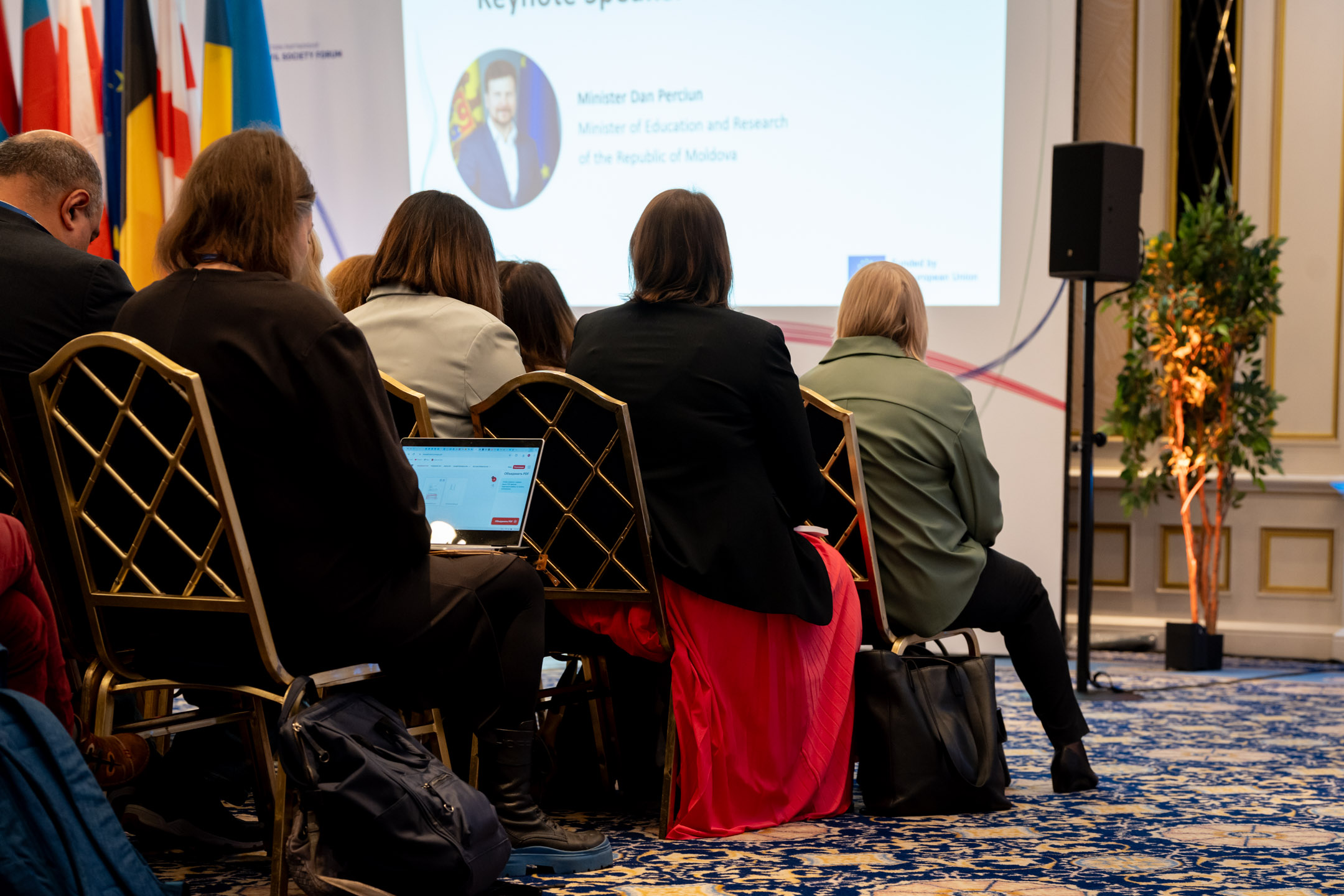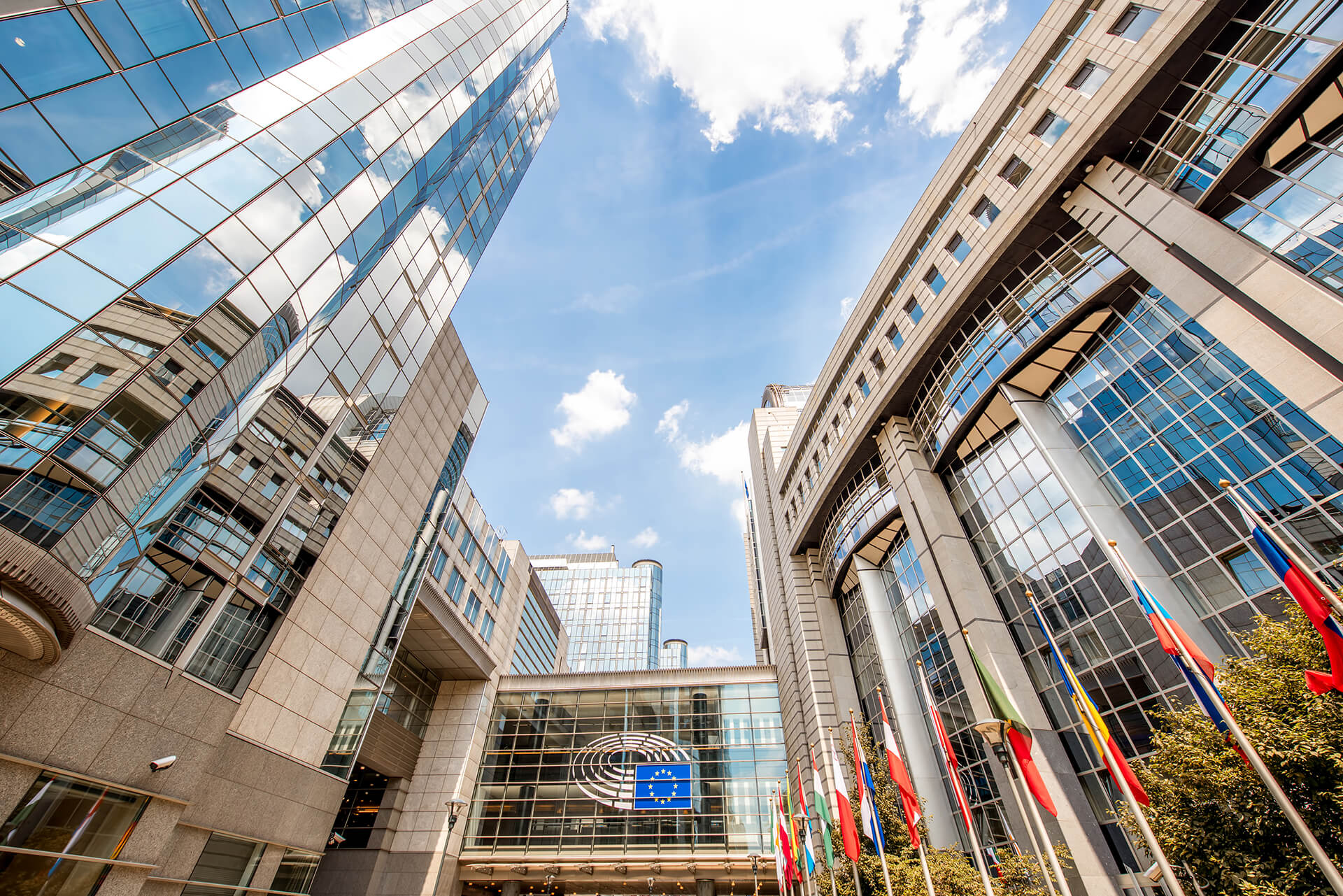Event Communication Strategies: Expert Tips for Engaging Your Audience
Ever wondered how some events seem to effortlessly attract the right crowd while others struggle to fill seats? The secret often lies in effective communication. To shed light on this crucial aspect of event planning, we've invited two experts from haca.studio to share their insights.
Meet Domiziana Marinelli and David Verleysen, the dynamic duo behind haca.studio campaigns. They're here to offer practical tips that will have you communicating like a pro in no time.
Welcome, Domiziana and David. Let's start with the basics.
What makes event communication truly effective?
Domiziana: At its heart, event communication is about people connecting with people. The more care and quality we put into our campaign, the stronger these connections become. It all starts with understanding the 'why' of your event and the consumer brief. Your communication strategy should stem from these foundational elements and focus on fostering genuine connections.
It's also vital to consider the context in which your event takes place and uncover the right campaign insights, or epiphanies, as Mark Pollard defines them. Take time to craft the perfect words for your campaign, always remembering that you're facilitating connections between people.
David: Exactly. Consistency across all channels is key, but so is authenticity. Show the human side of your event - let the organisers speak directly to the audience, share behind-the-scenes glimpses, and always keep the event's mission in sight. This approach creates a more personal, relatable connection with your audience.
How can event planners build and nurture these connections throughout their communication strategy?
Domiziana: Community management is crucial. It's about daily nurturing of the project and the relationships within it. Engage with your audience regularly, respond to their questions, and create opportunities for dialogue..
Also, don't underestimate the power of communicators and influencers, who can amplify your message, sharing the same mission or values. They can make a huge difference in spreading your message and creating authentic connections. Choose partners who align with your event's values and can genuinely engage with your target audience.
David: I completely agree. On LinkedIn, for example, you can use various formats - posts, articles, lives, and vertical videos - to showcase different aspects of your event and the people behind it. This variety helps maintain interest and provides multiple touchpoints for your audience to connect with your event.
Consider allocating a budget for paid media too. While organic reach is valuable, a well-planned paid strategy can significantly boost your visibility and help you reach your target audience more effectively.
What common pitfalls should event planners be aware of when trying to create these connections?
Domiziana: One major pitfall is focusing too much on the event itself and not enough on the people it's for. Remember, your audience wants to know how the event will benefit them and how it aligns with their interests or goals. Another is neglecting post-event communication. The connections you've built shouldn't end when the event does - follow up, share highlights, and keep the community engaged.
David: I'd add that failing to adapt your communication style to different platforms or audience segments can be a missed opportunity. Each channel and group might require a slightly different approach to foster meaningful connections. Also, always have a crisis communication plan ready, just in case things don't go as planned.
One question many event planners struggle with is timing. When should they start their communication campaign?
David: Timing is crucial in event communication. As a general rule, you should start your campaign at least 8-12 weeks before the event date. This gives you enough time to build momentum and create anticipation without starting so early that people lose interest.
Domiziana: I agree, and I'd add that the timeline can vary depending on the size and type of event. For larger conferences or industry events, you might want to start even earlier, perhaps 4-6 months in advance. For smaller, local events, 6-8 weeks might be sufficient.
David: Exactly. Whatever timeline you choose, it's important to have a structured communication plan. Start with a save-the-date announcement, then gradually release more details about speakers, sessions, or special features. Increase the frequency of your communications as the event date approaches.
Domiziana: And don't forget about post-event communication. Plan to continue engaging with your audience for at least 2-4 weeks after the event to share highlights, gather feedback, and maintain the connections you've built.
Lastly, what's the one piece of advice you'd give to an unexperienced event communication manager?
Domiziana: Meep the human element at the forefront. Your communication should reflect the passion and purpose behind your event. Share stories, highlight the people involved, and create content that resonates on a personal level. The more your audience can connect with the human aspect of your event, the more invested they'll become.
David: Embrace the power of community. Encourage attendees, speakers, and partners to share their excitement about the event. User-generated content can be incredibly powerful in creating authentic connections. And remember, building a community takes time and consistent effort, but the results are worth it. Start early, be consistent, and don't shy away from using platforms like LinkedIn to their full potential - it can make a real difference in your event's success.
Conclusion
Effective event communication is about much more than simply spreading the word; it’s about fostering genuine connections with your audience. As Domiziana Marinelli and David Verleysen of haca.studio emphasise, understanding the “why” behind your event, engaging consistently, and maintaining authenticity are crucial elements for success. Whether through community management, leveraging the power of influencers, or a well-timed campaign, the right communication strategy can make all the difference. So, remember to keep the human element at the forefront, embrace the power of community, and use a structured, multi-channel approach to reach your audience. With these expert tips, your next event is bound to be a success.
Read more
Discover more of our journals, a treasure trove of valuable insights, practical tips, and industry trends that will take your events to the next level.



.jpg)
.jpg)

.jpg)









